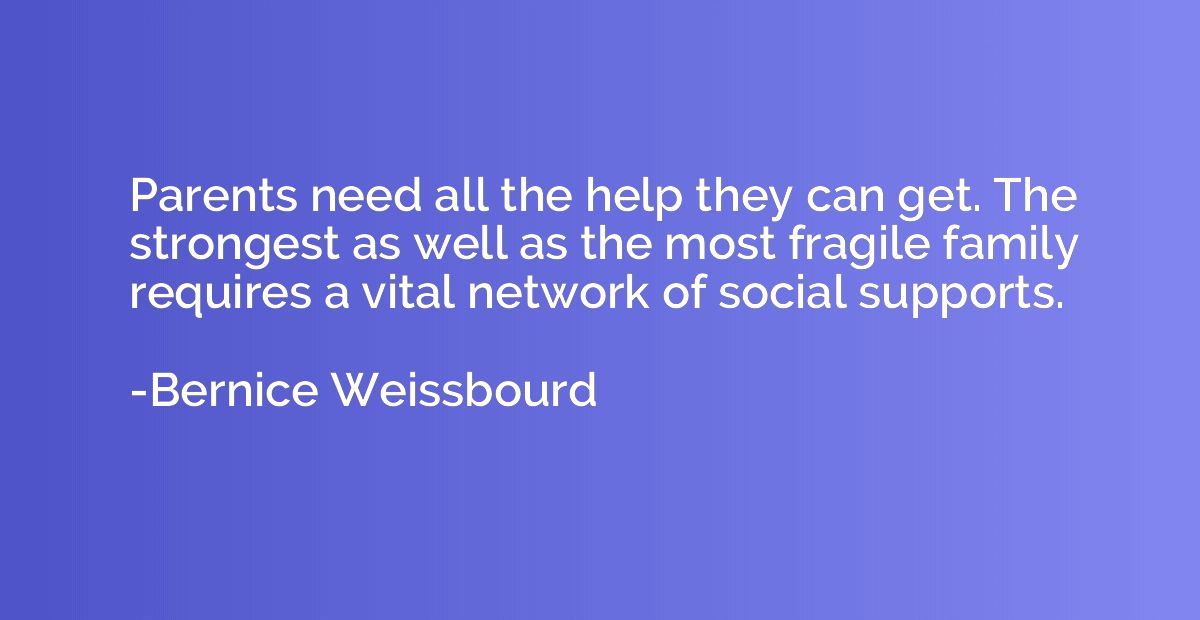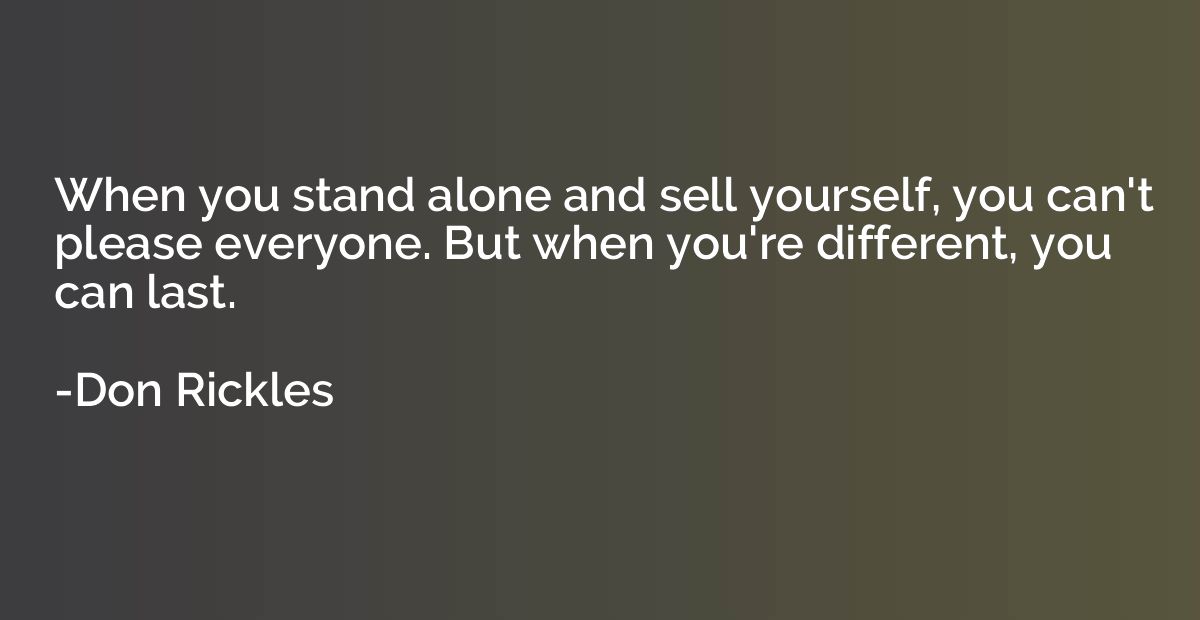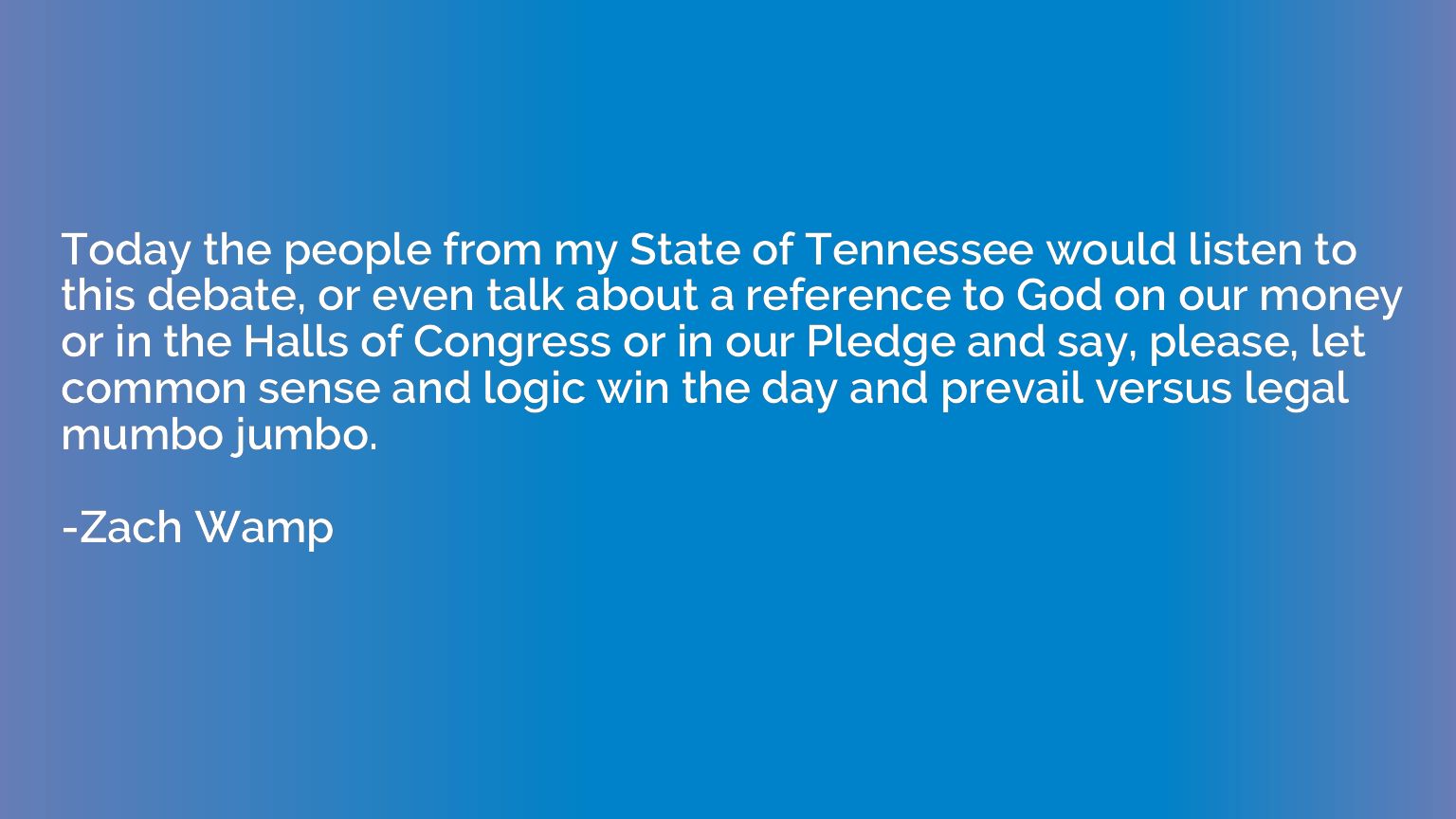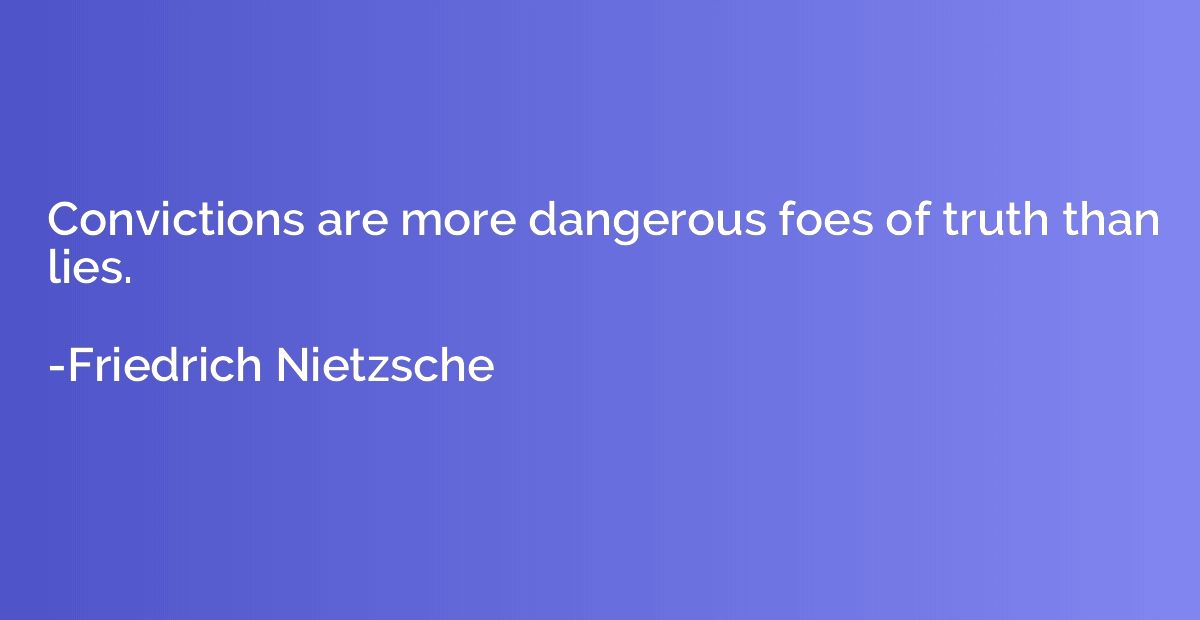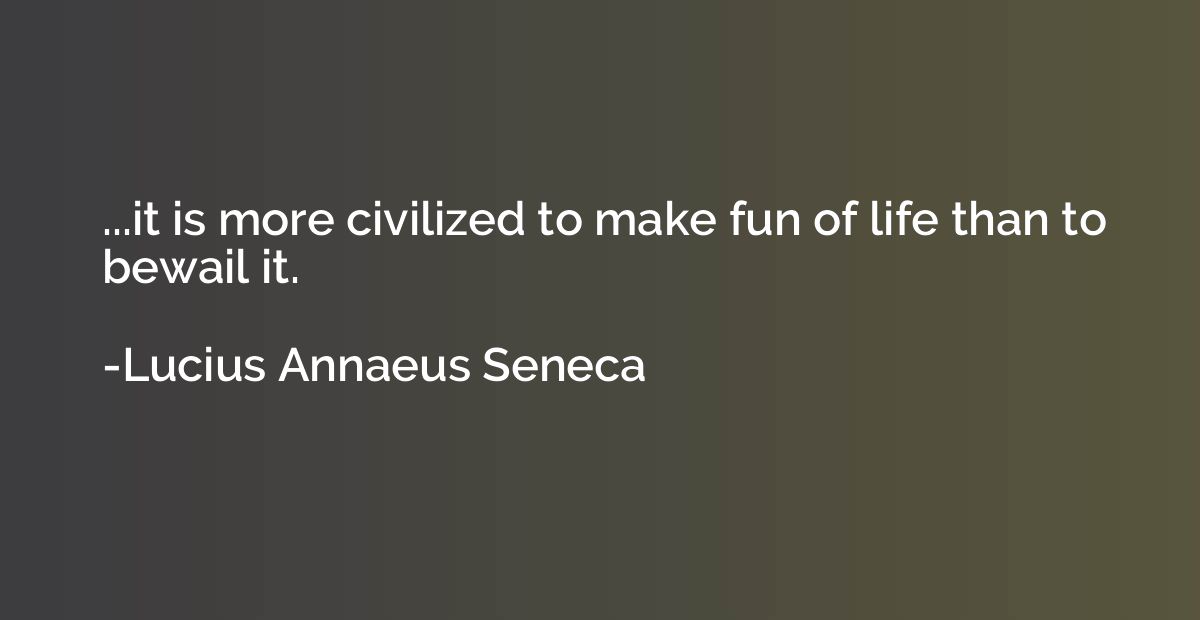Quote by David Duchovny
Women's fashion is a subtle form of bondage. It's men's way of binding them. We put them in these tight, high-heeled shoes, we make them wear these tight clothes and we say they look sexy. But they're actually tied up.
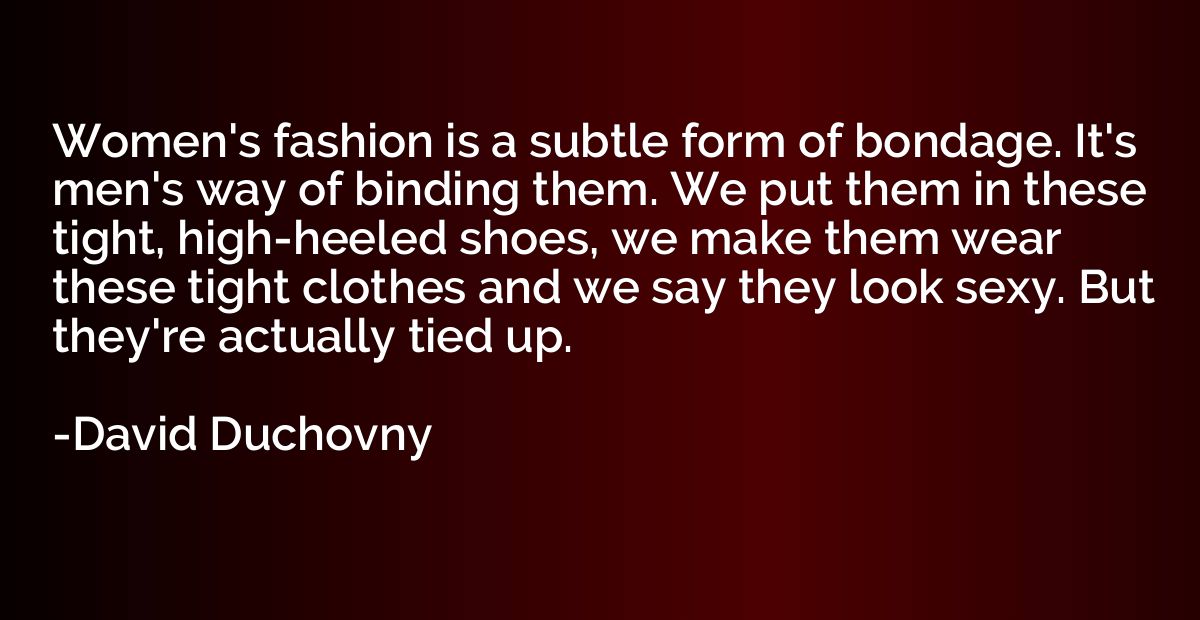
Summary
This quote suggests that women's fashion can be seen as a means of control and subjugation imposed by men. The tight shoes, clothes, and societal pressure to look sexy are perceived as a form of binding, restricting women's freedom and agency. It highlights the contradiction between the perception of attractiveness and the underlying physical and psychological constraints that women often endure. The quote invites reflection on the potential power dynamics and societal expectations within the realm of women's fashion.




